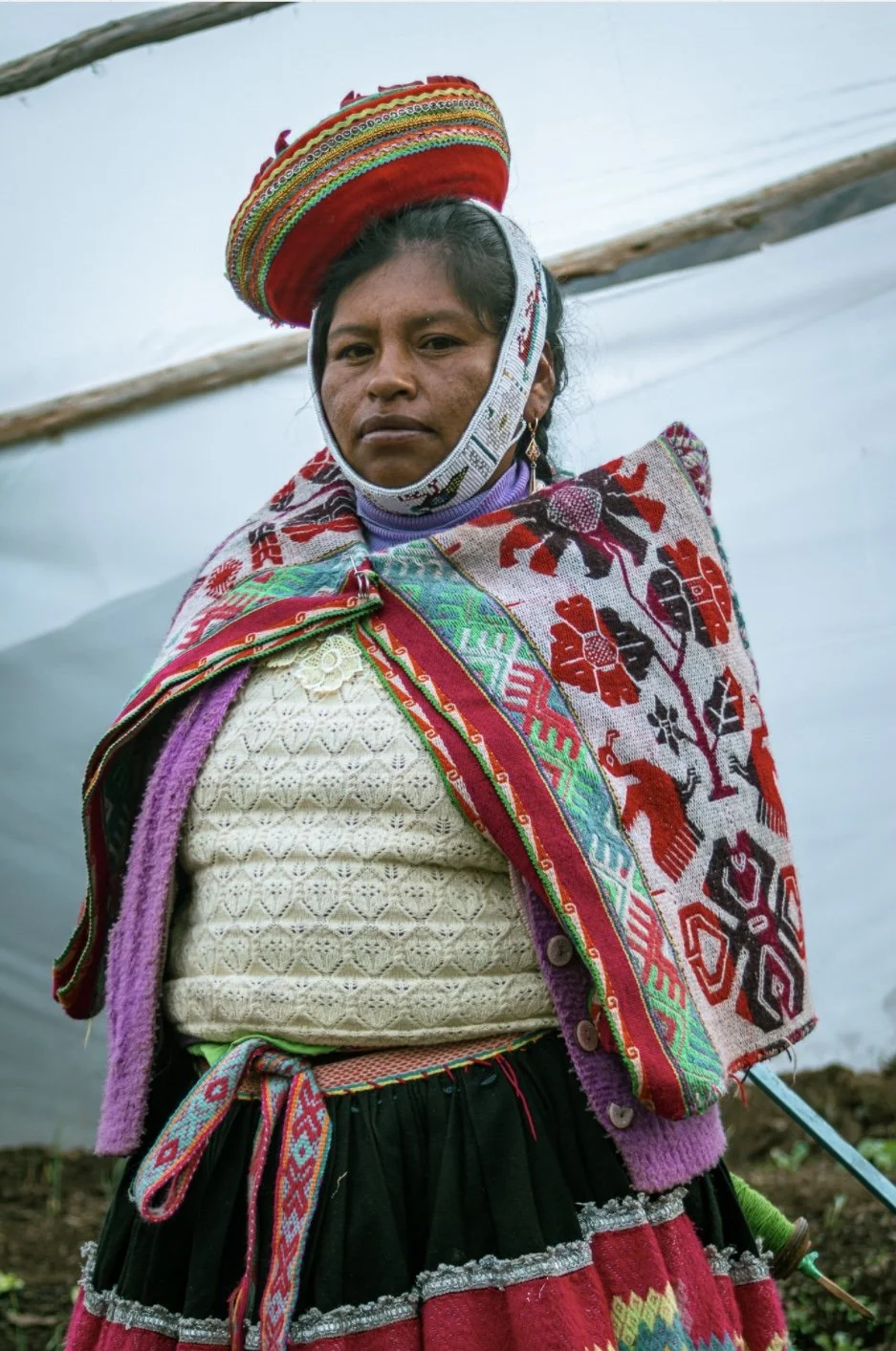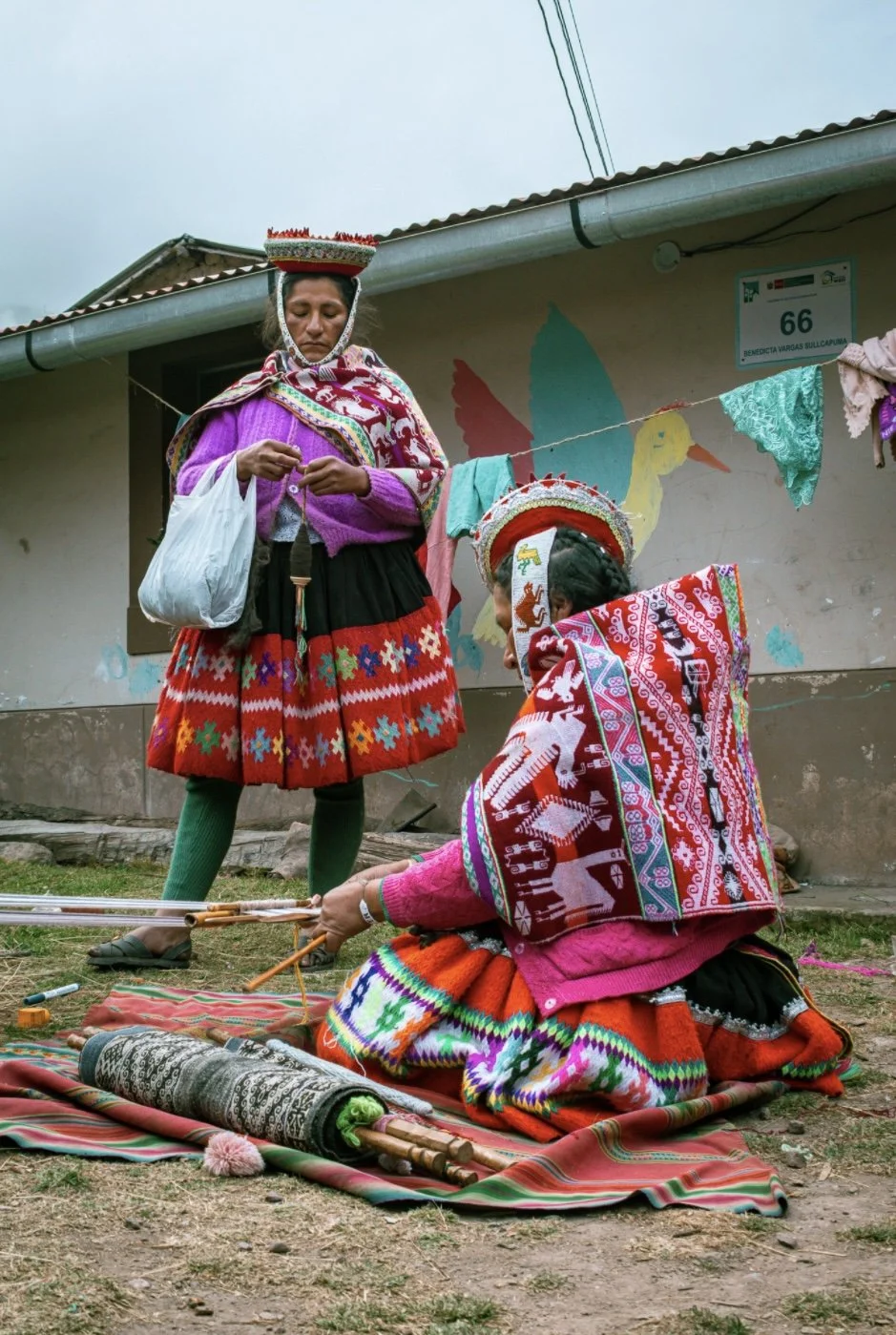Quechua, Culture and Extreme Marginalizaion
NAtive Quechua Speakers often experience life-saving-discrimination when they seek healthcare based on complex historical, social and structural reasons.
This makes a clinic closer to home even more vital.
Colonial History and Racism
When the Spanish colonized the Andes, Indigenous cultures, languages, and knowledge systems were devalued. That legacy persists today: speaking Quechua is often wrongly associated with being “less educated” or “lower status,” even though Quechua is one of the oldest, richest linguistic and cultural traditions in the Americas.
Urban vs. Rural Divide
Quechua is spoken more commonly in rural Andean regions. In many countries, rural communities receive fewer resources, less investment, and face more barriers to education and healthcare. This creates stereotypes equating rural life—and therefore Quechua speakers—with poverty or backwardness.
Lack of Representation
While Peru has two official Languages, Quechia and Spanish, is the dominant language in government, schools, media, and business. This means:
Quechua speakers may struggle to access public services.
Children who speak Quechua as a first language may face discrimination or lack support in school.
Speaking Quechua in public can lead to ridicule or exclusion.
Internalized Stigma
For generations, many Indigenous families were discouraged—sometimes violently—from speaking their language. This creates long-lasting stigma and shame around Quechua, even among Quechua-speaking communities.
Economic Inequality
Economic barriers, created by centuries of marginalization, often overlap with language and Indigenous identity. People may discriminate not just based on language, but on class and ethnicity at the same time.
Quechua speakers are underrepresented in politics, higher education, and mainstream media. Without representation, stereotypes and biases go unchallenged.
Our goal of building a Level 1–2 clinic is vital to this region. We aim to staff the clinic full-time with community members who not only speak Quechua, but who also understand Andean culture, traditions, and the importance of providing respectful, dignified healthcare. By centering local voices and cultural knowledge, we can ensure the clinic truly serves the needs of the community.



